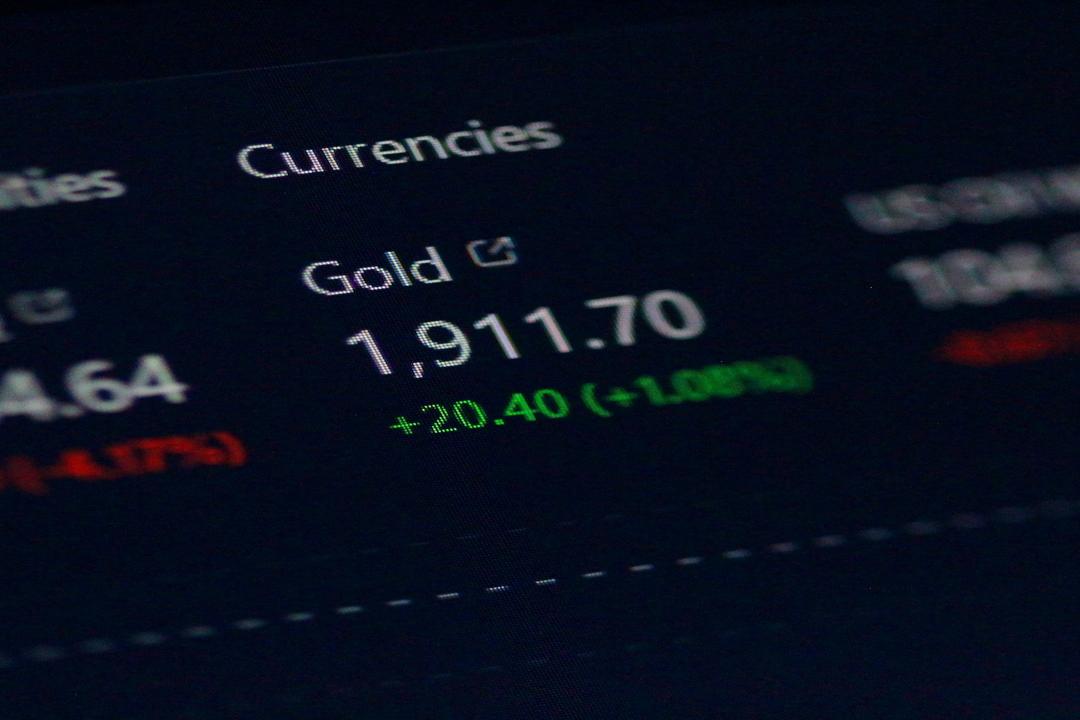The United States Internal Revenue Service (IRS), the nation’s tax agency, has recently unveiled a preliminary version of its new Form 1099-DA “Digital Asset Proceeds from Broker Transactions” for reporting income from digital asset transactions. This form is anticipated to be put into use in 2025 for reporting purposes in 2026.
Each customer who sells or exchanges digital assets will have a Form 1099-DA prepared by their broker. As per the form, brokers include kiosk operators, digital asset payment processors, hosted wallet providers, unhosted wallet providers, and others. Copies of the 1099-DA will be sent to both customers and the IRS, with the agency utilizing them for verification purposes.
The form requires information such as token codes, wallet addresses, and blockchain transaction locations. According to the rule proposed in August 2023, cryptocurrencies, nonfungible tokens, and stablecoins must be reported. The rule states:
“The crypto community expressed their opinions on the proposed reporting requirements following their announcement.”
The Blockchain Association criticized the rule, stating that it contains “fundamental misunderstandings about the nature of digital assets and decentralized technology.” Meanwhile, Paul Grewal, the chief legal officer of Coinbase, warned that the proposed rules would establish a “dangerous precedent for surveillance of the everyday financial activities of consumers by requiring nearly every digital asset transaction – even the purchase of a cup of coffee – to be reported.”
Commenters expressed their dissatisfaction with the reporting rules for 2024 as well.
Tax experts have also shared their thoughts on the internet. Ledgible, a crypto tax and accounting service, mentioned that reporting decentralized finance, where there may not be an intermediary to fulfill the reporting requirements, will be particularly challenging under the new rule. Additionally, brokers may face a significant increase in administrative burden since they process a large number of transactions.
Moreover, brokers will be compelled to share information on digital asset transfers in order to accurately determine the cost basis (initial value or purchase price), according to Gordon Law. However, they currently lack a mechanism for data sharing. Furthermore, there is no way to differentiate between self-transfers and taxable transfers if a crypto owner transfers assets between exchanges.
Taxpayers who previously underreported their crypto income may face consequences when they file their taxes in 2025. While users of foreign exchanges that do not officially serve U.S. citizens are not required to submit the form, the IRS may still be able to detect offshore activity if the taxpayer transfers assets to a U.S. exchange.
The IRS is currently accepting comments on the draft form.
Magazine:
Unpredictable outcomes arise when existing laws are applied to NFTs and the metaverse

